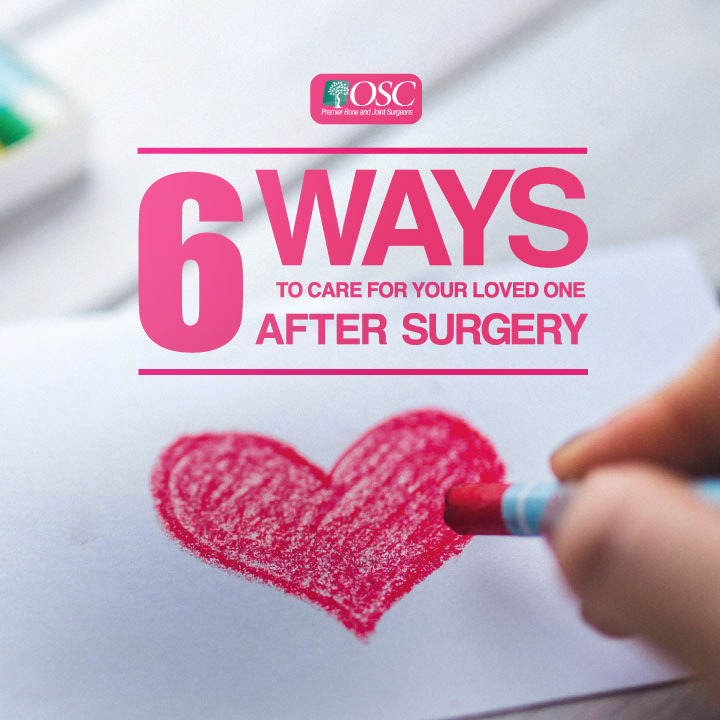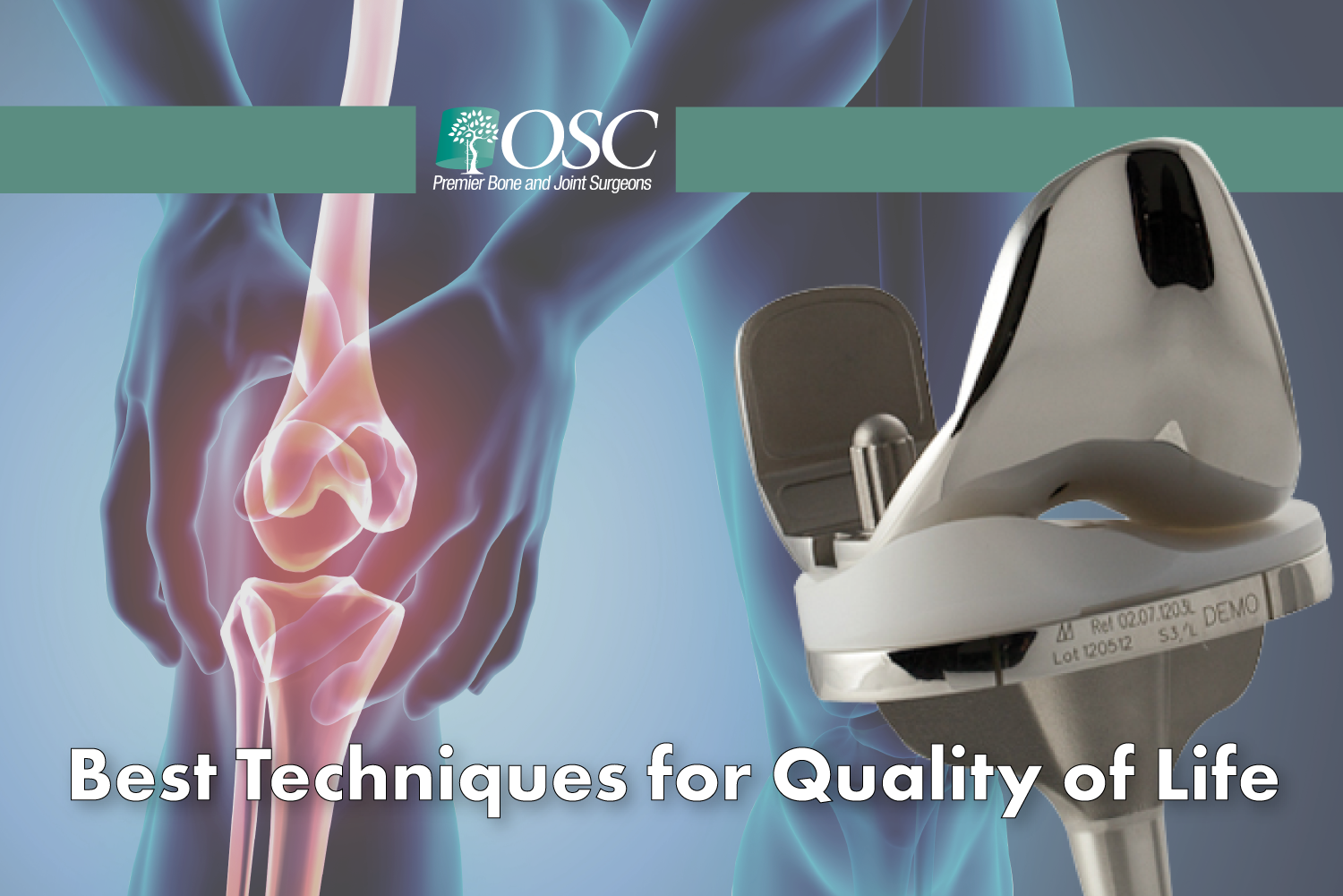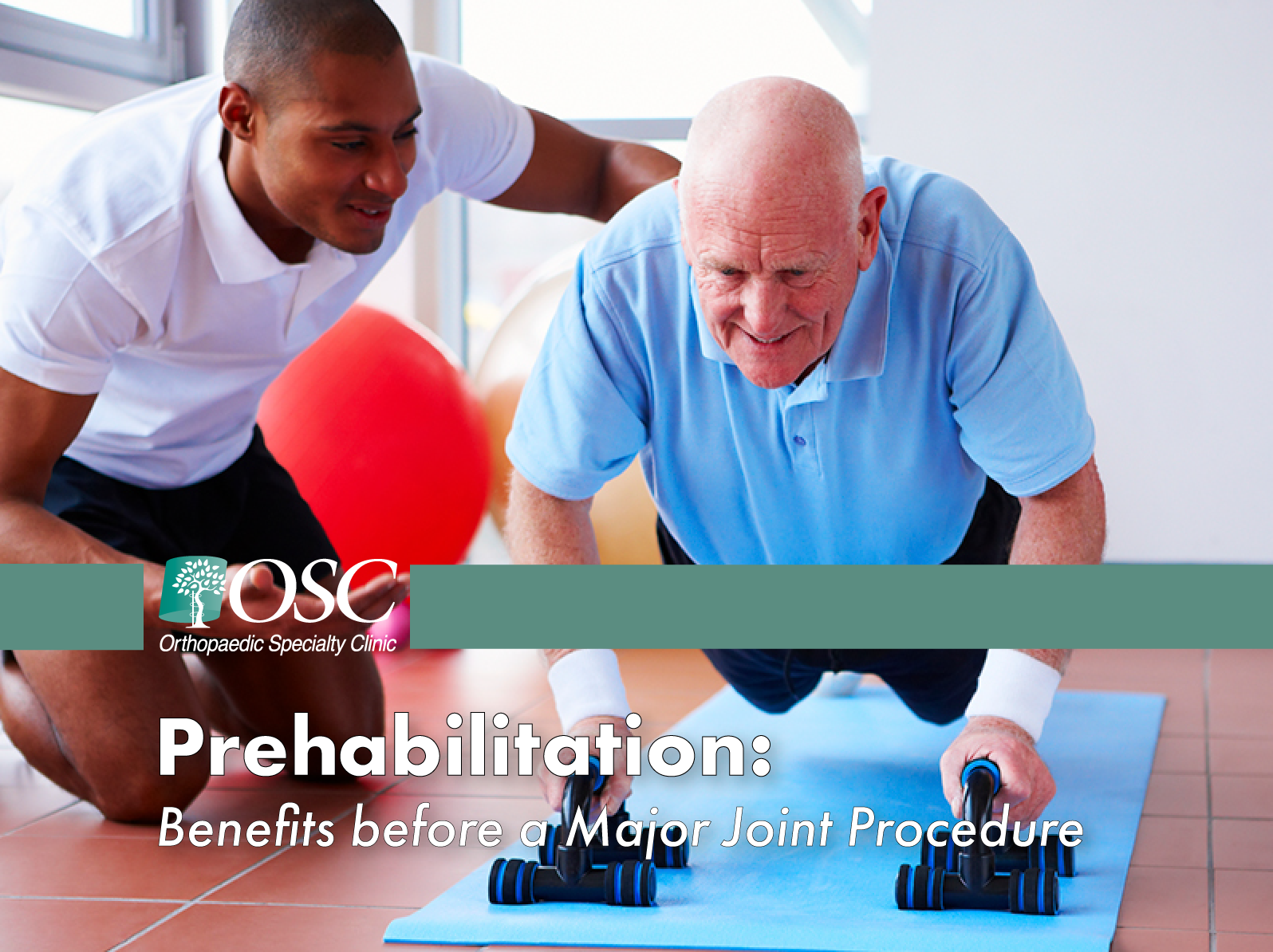 Going through surgery is never easy. Sometimes, watching a loved one go through surgery and recovery can be even more difficult. Watching as they struggle to regain their mobility and well-being can be a helpless feeling, but there is so much that you can do for them during this time.
Going through surgery is never easy. Sometimes, watching a loved one go through surgery and recovery can be even more difficult. Watching as they struggle to regain their mobility and well-being can be a helpless feeling, but there is so much that you can do for them during this time.
It is up to you to give encouragement and inspiration as they go through the process of recovery, and although there are endless ways to show how much you care, here are six ways to be more effective in showing love and support for your loved one during recovery from surgery.
1. Take Over Some Of Their Responsibilities
After surgery, your friend or loved one may struggle with daily responsibilities that were once easy for them.
The most practical way to offer support is simply doing the things for them that they can’t do for themselves during their recovery.
Small things can go far when it comes to lending a helping hand. Offering to take their children to school, care for their pet, or cook a meal for them means that your friend or family member can rest and not take the risk of exerting themselves too much and risking re-injury.
Not only will their bodies be able to rest from the small tasks, but mentally, they’ll be able to rest and focus on their recovery.
2. Be Present During Their Recovery
In the time immediately after surgery, depending on the type of operation, a patient may need to stay in the hospital for a number of days. This is a great opportunity to show how much you care by simply being present. By bringing them a card and flowers, a favorite book to read, or simply sitting next to their bed and watching tv with them, you will show them how much you care.
Nobody wants to be alone during their recovery. Even people who are loners by nature and require extra space, want to know that someone is present with them in their time of need.
Knowing that someone is there for them when there is a need will help reduce stress and anxiety and reinforce a positive mood, which is vitally important.
3. Be the Strong One
Your loved one will look to you for strength before and after surgery. Remind them that you are going to be strong for them. This is their time of healing and your time to help them heal.
Make sure to prepare yourself mentally to be the one who they will look to for support and decision-making. Depending on the length of recovery, your loved one may struggle with depression and withdrawal. By anticipating this, you make be able to help them have a better outlook on their recovery.
Also, make sure you are an example to them in the way you talk about their recovery, not focusing on any negative aspects but constantly reinforcing the positive.
Often, it’s the positive outlook of the patient that helps recovery go well.
In a study that spanned 30 years and was recently published in the Canadian Medical Association Journal, researchers discovered that a patient’s perspective outlook prior to surgery almost always directly correlated to their actual recovery. In other words, if the patient felt that their recovery would go well and quickly, it did. If they felt like it would be a long and dismal process, it was.
Researchers are just beginning to understand the powerful connection between the mind and the body, and although we may not have the tools yet to fully understand how it works, we know that positive thinking has powerful effects on the body’s ability to recover.
Remind your friends and loved ones of this often and brighten their spirits with the thought of how much warmth and purpose they have waiting for them at home after recovery.
Often, after overcoming an illness or traumatic experience, many people have talked about who was there for them, and not so much which people gave the most. Something to keep in mind if you have more time to give than resources.
Take the time to verbally communicate with them prior to the surgery what they can expect from you during their recovery. Let them know that you will be there to help them make decisions. And finally, give them permission to be vulnerable during their recovery process. Knowing that sometimes loved ones can feel extra pressure to get better because they may feel like a burden, tell them otherwise, which will probably reduce their stress and help them get better sooner.
4. Stay Available from Beginning to End
While your friend or family member is recovering from surgery, it’s easy to have good intentions from the beginning when the need is the greatest, but it’s important to remember to be there for the full length of their recovery.
Depending on the type of surgery, often the patient’s mobility will increase as they begin to feel better, but they are not yet completely healed. This is a great sign that recovery is going smoothly, but not a signal for the patient to return to their normal activities.
Make sure to be there to help take the trash out, or to carry the groceries until they are completely recovered. If it’s a friend that you don’t see every day, remember to call and check in toward the end of their recovery to see if they need anything. You may feel like you’re bombarding them with questions, but it will be a big help, in the long run, to make sure their recovery isn’t sabotaged by doing too much before they’re ready.
5. Be a Positive Distraction
In a recent study published by the Journal Psychological Science, researchers found that by distracting patients suffering from pain, they were able to eliminate the patient’s perception of pain temporarily.
When caring for a loved one after surgery, it’s important to keep them mentally engaged while they recover. Watch a movie with them, read or listen to an audiobook, or ask them to talk about a story from their past.
The positive distractions will do more than keep them occupied; it will help them recover faster.
6. Remind Them of the Reasons
Going through a major surgery can feel like a whirlwind, both physically and mentally. That’s why it’s important to remind your loved one why they chose to have the surgery in the first place. Often, a patient will delay having a joint replacement surgery for years until their pain simply can’t be ignored any longer. Although they are told about the long road ahead to full mobility after a successful surgery, it’s easy for those words to get lost in the aftermath of the operation.
This is a great time to step in as a friend or family member and simply remind them why a short time period of recovery is worth the long term benefits of having their mobility back.
Write them encouraging notes, remind them verbally, or continue to go over their therapy plan with them – whatever it takes to positively reaffirm that they are doing the right thing.
It Takes Time
Healing takes time and recovery from surgery is a process shared by patients and their loved ones. The role that you play in helping your friends and loved ones get back to full recovery is vital.
There are so many different types of people with different personalities and no two surgeries are exactly the same. Therefore, the level of care during recovery will be different depending on each person and their needs. Some will need constant care around the clock and enjoy the comfort and closeness of having loved ones nearby. Others will need more space. There are no right or wrong ways to show your loved one in recovery how much you care. Sometimes quietly being there says the most.




